Ammonia and bleach are two widely used chemical substances known for their cleaning and disinfecting capabilities. As an entrepreneur or business owner, understanding these chemicals and their appropriate uses is crucial for maintaining a safe and productive workplace environment. In this article, we will delve into the properties, uses, precautions, and potential risks associated with ammonia and bleach. Properties and Composition Ammonia, scientifically known as NH3, is a compound composed of nitrogen and hydrogen. It is a colorless gas with a pungent odor and highly soluble in water, making it an ideal ingredient in many cleaning products. On the other hand, bleach typically refers to sodium hypochlorite (NaClO) or hydrogen peroxide (H2O2) solutions, both of which have powerful oxidizing properties.
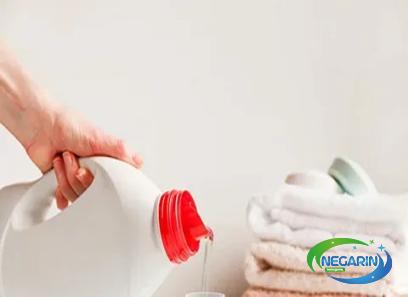
.
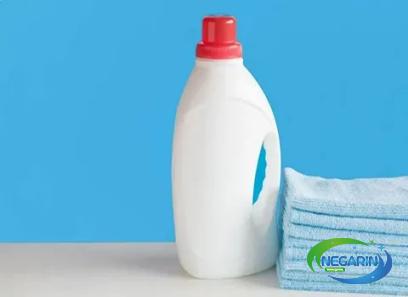 Uses of Ammonia Ammonia is commonly used in various industries and businesses due to its versatile nature. Some typical applications of ammonia include: 1. Cleaning and sanitization: Ammonia-based cleaning products are effective in removing dirt, grease, and stains from a wide range of surfaces, including glass, metal, and porcelain. 2. Agriculture and livestock: Ammonia is widely used in fertilizers and as a component in livestock feed supplements, promoting healthy plant growth and providing essential nutrients. 3. Industrial applications: Ammonia is often employed in industrial processes, such as refrigeration (as a refrigerant) and the manufacture of chemicals, textiles, and plastics. Uses of Bleach Bleach is primarily utilized for its disinfecting and stain-removing properties.
Uses of Ammonia Ammonia is commonly used in various industries and businesses due to its versatile nature. Some typical applications of ammonia include: 1. Cleaning and sanitization: Ammonia-based cleaning products are effective in removing dirt, grease, and stains from a wide range of surfaces, including glass, metal, and porcelain. 2. Agriculture and livestock: Ammonia is widely used in fertilizers and as a component in livestock feed supplements, promoting healthy plant growth and providing essential nutrients. 3. Industrial applications: Ammonia is often employed in industrial processes, such as refrigeration (as a refrigerant) and the manufacture of chemicals, textiles, and plastics. Uses of Bleach Bleach is primarily utilized for its disinfecting and stain-removing properties.
..
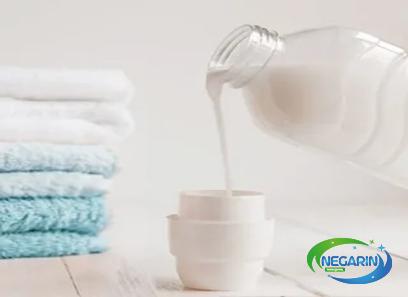 Common applications of bleach in business settings include: 1. Sanitizing surfaces: Offices, hospitals, restaurants, and other establishments frequently use bleach to disinfect countertops, floors, bathrooms, and other high-contact areas. 2. Laundry and stain removal: Bleach can effectively eliminate tough stains and restore brightness to fabrics, making it suitable for commercial laundries and hospitality businesses. Important Precautions While both ammonia and bleach can be powerful cleaning agents, it is crucial to exercise caution and follow safety guidelines when handling and using them. Here are some important precautions to consider: 1. Avoid mixing: Never mix ammonia and bleach, as this combination can create toxic fumes, such as chloramine or chlorine gas, which can be harmful or even fatal if inhaled. 2. Adequate ventilation: When using ammonia or bleach, ensure proper ventilation to avoid inhaling concentrated fumes. Open windows and use exhaust fans if necessary.
Common applications of bleach in business settings include: 1. Sanitizing surfaces: Offices, hospitals, restaurants, and other establishments frequently use bleach to disinfect countertops, floors, bathrooms, and other high-contact areas. 2. Laundry and stain removal: Bleach can effectively eliminate tough stains and restore brightness to fabrics, making it suitable for commercial laundries and hospitality businesses. Important Precautions While both ammonia and bleach can be powerful cleaning agents, it is crucial to exercise caution and follow safety guidelines when handling and using them. Here are some important precautions to consider: 1. Avoid mixing: Never mix ammonia and bleach, as this combination can create toxic fumes, such as chloramine or chlorine gas, which can be harmful or even fatal if inhaled. 2. Adequate ventilation: When using ammonia or bleach, ensure proper ventilation to avoid inhaling concentrated fumes. Open windows and use exhaust fans if necessary.
…
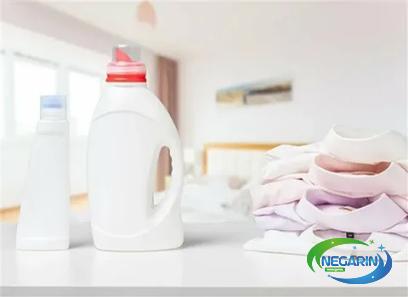 3. Protective gear: Wear protective gloves and goggles to safeguard your skin and eyes from potential chemical burns or irritation. Potential Risks and Environmental Impact Both ammonia and bleach can pose risks to human health and the environment if not used properly. Improper storage, disposal, or accidental spillage can result in: 1. Respiratory problems: Inhalation of ammonia or bleach fumes can irritate the respiratory system, causing coughing, throat irritation, and breathing difficulties. 2. Skin and eye irritations: Direct contact with concentrated ammonia or bleach solutions can lead to skin irritations, burns, or allergic reactions. Eye exposure may cause severe eye damage or blindness. 3. Environmental pollution: Improper disposal of ammonia and bleach can contaminate soil and water sources, posing risks to aquatic life and ecosystems. Conclusion Understanding the properties, uses, precautions, and potential risks associated with ammonia and bleach is crucial for businesses that rely on these chemicals for their cleaning and sanitizing needs. By adhering to safety guidelines and educating employees about proper handling and storage, businesses can create a safe and productive work environment while minimizing risks to human health and the environment.
3. Protective gear: Wear protective gloves and goggles to safeguard your skin and eyes from potential chemical burns or irritation. Potential Risks and Environmental Impact Both ammonia and bleach can pose risks to human health and the environment if not used properly. Improper storage, disposal, or accidental spillage can result in: 1. Respiratory problems: Inhalation of ammonia or bleach fumes can irritate the respiratory system, causing coughing, throat irritation, and breathing difficulties. 2. Skin and eye irritations: Direct contact with concentrated ammonia or bleach solutions can lead to skin irritations, burns, or allergic reactions. Eye exposure may cause severe eye damage or blindness. 3. Environmental pollution: Improper disposal of ammonia and bleach can contaminate soil and water sources, posing risks to aquatic life and ecosystems. Conclusion Understanding the properties, uses, precautions, and potential risks associated with ammonia and bleach is crucial for businesses that rely on these chemicals for their cleaning and sanitizing needs. By adhering to safety guidelines and educating employees about proper handling and storage, businesses can create a safe and productive work environment while minimizing risks to human health and the environment.
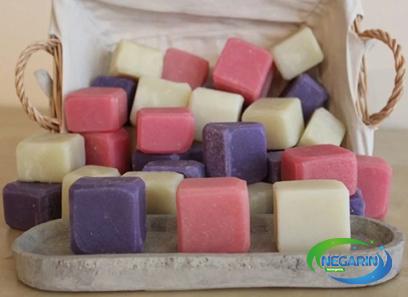
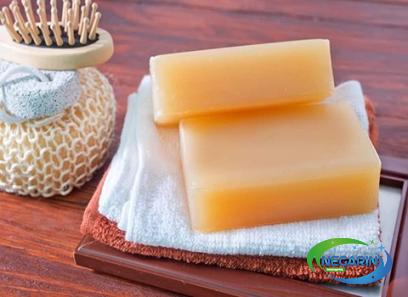
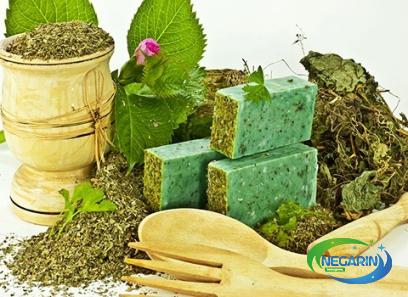
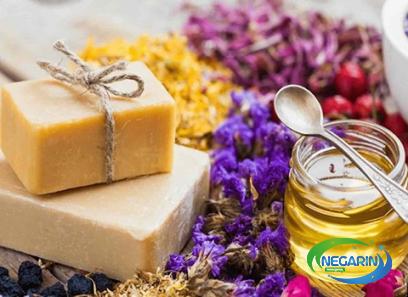
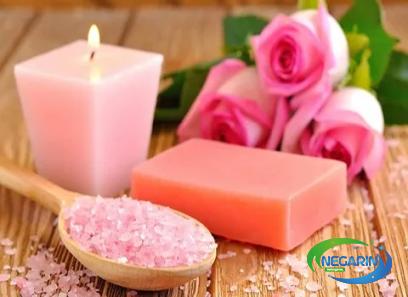
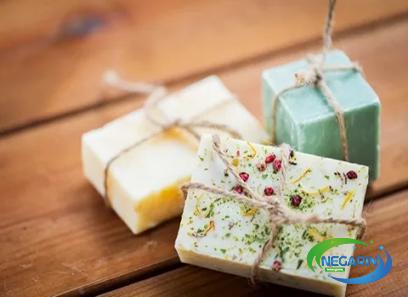
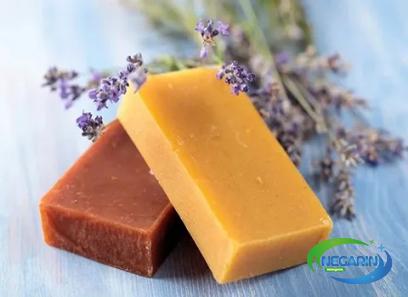
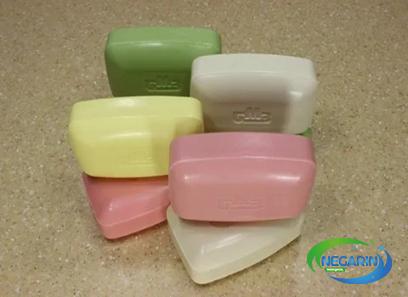

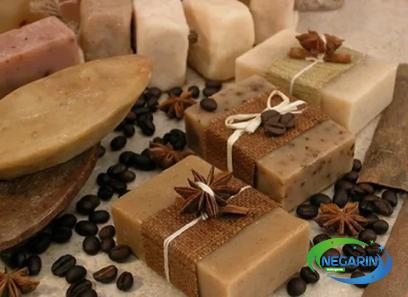
Your comment submitted.